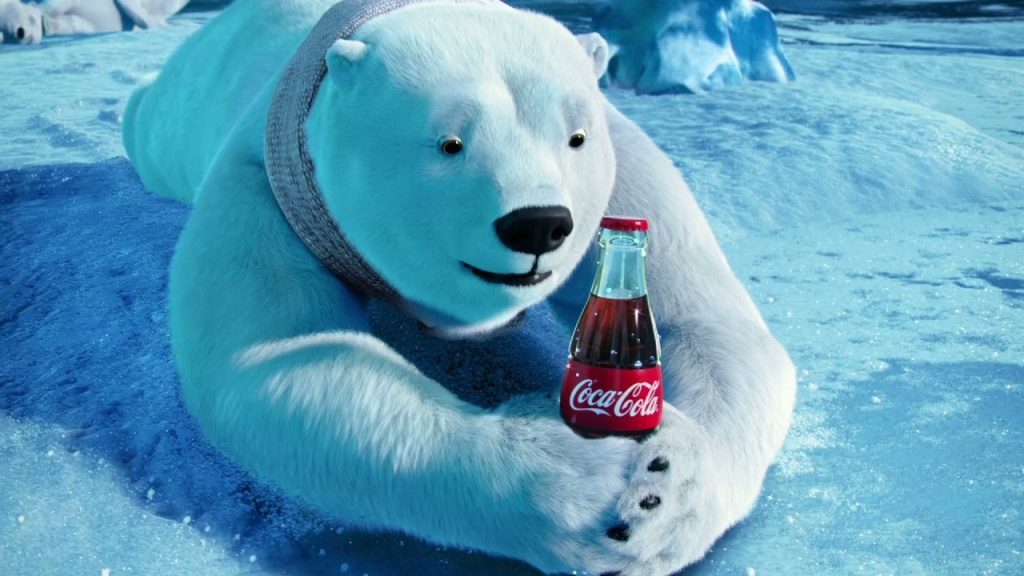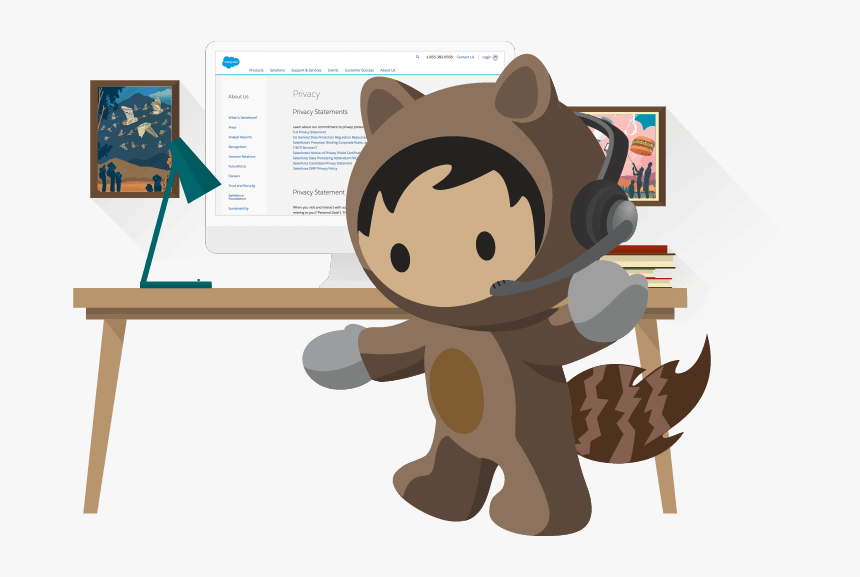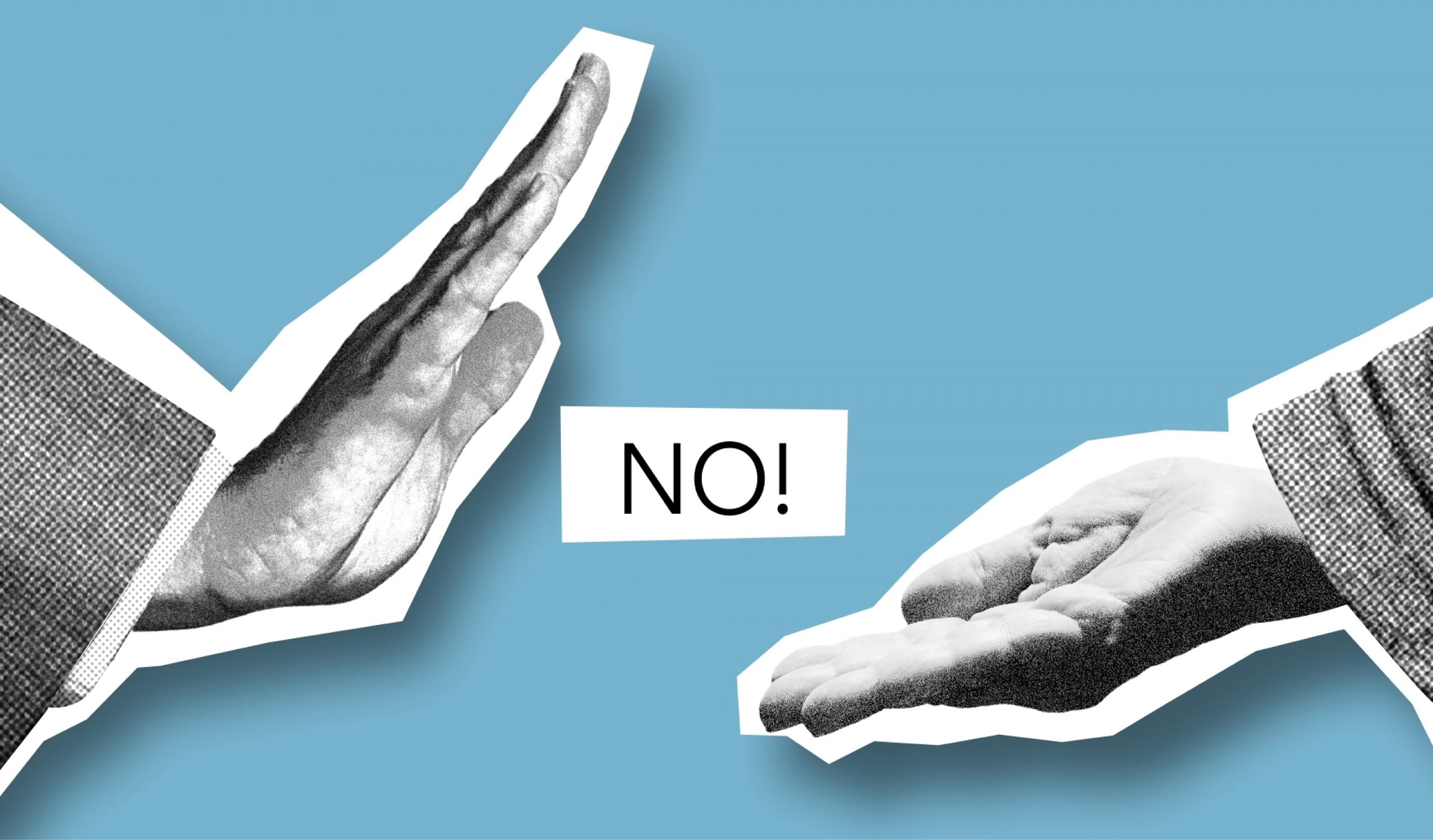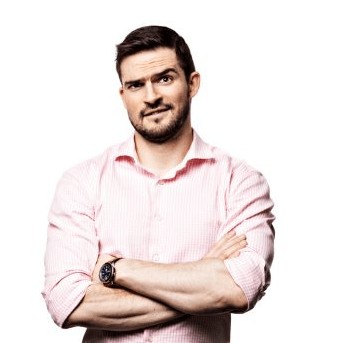B2B marketers suffer all too often from product delusion, whereas they should focus on what is much more important than the product—the brand.
77% of B2B ads score 1 on a 1-5 scale of creative effectiveness, according to the B2B Institute’s research with System1. For B2C, that number is 53%. That’s substantially better.

Why are B2B ads so much worse than B2C ads?
According to some, B2B marketers suffer from a very particular affliction that makes it nearly impossible to develop effective advertising—the ‘product delusion’ (PD). It’s the belief that companies compete primarily on the quality of their product. The better the product, the stronger the sales, while the brand barely matters.
It makes sense that product managers would fall for the product delusion. To a hammer, everything looks like a nail. But what doesn’t make sense, at least to us, is that B2B marketers fall for the same delusion. There’s a lot of research to show buyers don’t make purchases logically, yet B2B marketers still try to make sales largely based on product features.
If B2C marketers thought like B2B marketers, Coca-Cola would market itself as “brown, fizzy, and sweet”. Forget those cuddly polar bears, Coke just needs to let customers know that it’s 98% effective in reducing thirst. Coke doesn’t do that, of course, because its marketers are not crazy enough to believe that Coke competes with Pepsi on features (the product delusion).


Salesforce’s feral racoon child, Astro, doesn’t communicate the specs of its CRM software. And yet, Astro works wonders, helping Salesforce dominate its category year after year.
It’s a brand-first approach. And a growing number of marketers recognise the limitations of the product-first approach.
Previously, economists had believed that humans were utility-maximising automatons that made decisions based on a series of cost/benefit calculations. But since Herbert Simon introduced the satisficing concept, he proved that most humans tend to choose the first acceptable solution over the best possible solution. We satisfice to conserve mental and physical energy, and because it works. We don’t have unlimited time or perfect information, so we settle for ‘good enough’.

The problem isn’t that buyers don’t know enough about your products. The problem is that buyers don’t know your brand exists.
Your ads don’t need to convey the superiority of your product, because that’s not the key factor that drives buying behaviour. Buyers don’t want the best possible product, buyers want good-enough products that come to mind easily (mental availability) and are easy to purchase (physical availability).
Research shows that even in high-involvement purchases, very little evaluation occurs. For instance, when B2B buyers need a new financial service, 47% go straight to their existing bank, and 75% of those who claim to shop around also end up with their existing bank. And most buyers don’t even consider more than two brands.
The truly rational B2B buyer would consider dozens of banks, compare their product specifications and prices, and choose the best possible option. The truly lazy B2B buyer would default to the brand they already know, which is what all of us do in practice.
This is not to say that product doesn’t matter at all – of course it does. But most products are more similar than different. Coke and Pepsi in B2C, or AWS and Azure in B2B. Where products differ is in their availability: how “easy to mind and easy to find” a brand is to category buyers. For example, most startups think of AWS and most enterprises think of Azure.










